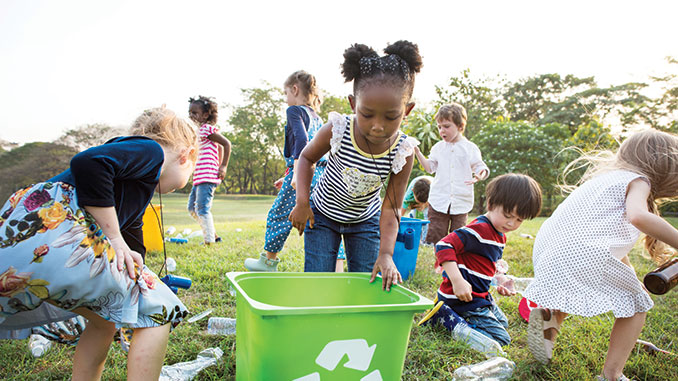
Giving to others helps children feel happier, so here’s how to encourage that trait.
Published: October 27, 2020
By: Sandi Schwartz
Want to really make your kids happy? Teach them the importance of giving to others.
Contrary to the common belief that kids need and want more “stuff” to be happy, science tells us that it is the act of giving to others that actually boosts happiness and can even improve health and other areas of life.
Children Were Born To Give
Children enter this world with a natural instinct to be compassionate to others. Scientists at the Max Planck Institute discovered that infants help others even though they are too young to have learned about being kind and polite.
And a breakthrough study by psychologists at the University of British Columbia determined that young children are happier to give than to receive. Toddlers who were asked to give away their own treats expressed greater happiness when they shared with others. The researchers interpreted the results to mean that anytime people participate in pro-social behavior, such as volunteering and giving charitable donations, we experience an increase in happiness.
Children have the foundation to be kind, but it’s our job as parents to continue to nurture this part of them as they grow. If we neglect to do so, negative life experiences can unfortunately tear down this instinct.
How Giving Transforms Our Kids
Numerous studies have uncovered several ways that giving enhances our children’s lives.
Boosts happiness. When we make others happy by giving a gift or our support, we experience a physiological change called a “helper’s high.” It is a euphoric physical sensation resulting from our brain releasing chemicals called endorphins. It makes us feel good naturally, giving us a rush that leaves us elated and excited, similar to how we feel after exercising.
Improves health. Research shows that giving leads to better health. In his book Why Good Things Happen to Good People, Stephen Post, a professor of preventative medicine, explains that giving to others has been shown to increase health benefits in people with chronic illness. In addition, a study led by Doug Oman of the University of California, Berkeley, suggests that giving may improve physical health because it helps reduce stress.
Promotes social connection. Several studies suggest that when we give, our generosity is ultimately rewarded by others. These positive actions promote a sense of trust and cooperation that strengthens our relationships. Moreover, we feel a bond toward those who we help. All of this is important because having positive social interactions is central to good mental and physical health.
